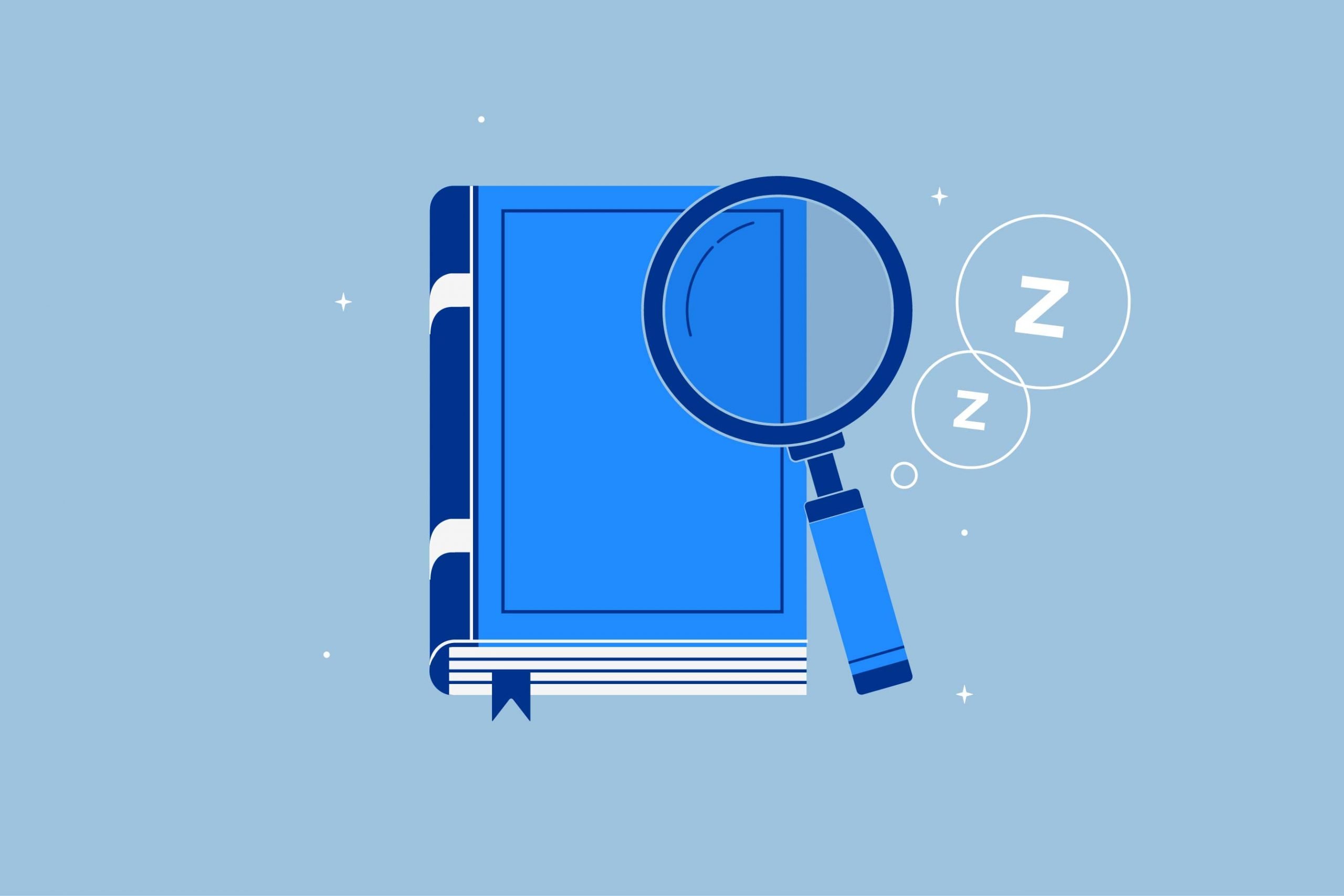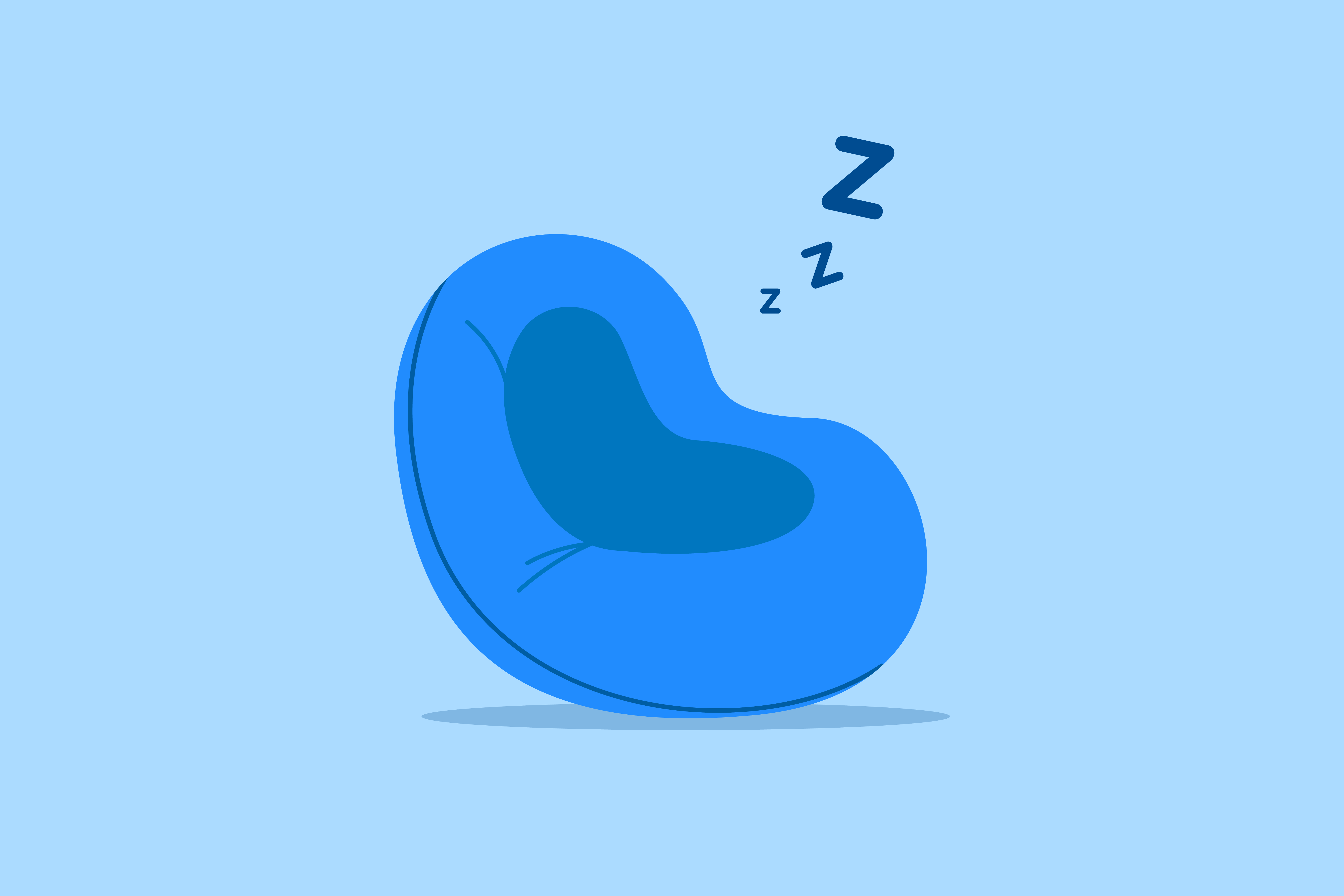Key Takeaways
- Sleep Quality Matters: Adequate and restorative sleep is crucial for proper bodily functions, including hormone production, metabolism regulation, and immune system maintenance. Poor sleep quality can lead to various health issues.
- Impact on Blood Test Parameters: Lack of sleep can affect specific parameters within blood tests, such as blood sugar levels, brain function markers, immune system function, hormonal balance, inflammatory markers, lipid profile, and kidney function. These effects underscore the importance of prioritizing sleep for accurate health assessments.
- Prioritize Good Sleep Hygiene: To optimize sleep quality and ensure accurate blood test results, prioritize good sleep hygiene practices such as maintaining a regular sleep schedule, creating a comfortable sleep environment, and managing sleep interruptions.
Does lack of sleep affect blood test results? For one thing, getting enough quality sleep is crucial for various aspects of our health, but what about its influence on blood test results?
Let’s talk about the connection between sleep and the accuracy of blood test assessments. We’ll also explore how chronic sleep deprivation can potentially disrupt these outcomes.
So, if you’re curious to learn about the link between sleep and blood test results, keep reading. Discover whether sleep disturbances, poor sleep quality, and chronic sleep deprivation have an impact on specific parameters assessed by blood tests, such as blood sugar levels, brain function markers, immune system function, and more.
The Link Between Sleep and Blood Test Results
Sleep quality refers to the overall satisfaction and restfulness you experience during sleep. Falling asleep fast and staying asleep are key parts to maximizing sleep quality. Good sleep is essential for overall health and can affect many aspects of well-being, including how accurate blood tests are.
Adequate and restorative sleep is essential for proper bodily functions, including the production of hormones, regulation of metabolism, and maintenance of a healthy immune system. When sleep duration is shortened and sleep quality is compromised, it can lead to various health issues.
The sleep cycle consists of different stages, including non-REM sleep and REM sleep. Each stage serves a distinct purpose in promoting physical and mental well-being. Disruptions to the sleep cycle can occur due to irregular sleep schedules, shift work, or conditions like jet lag.
Sleep disorders, such as insomnia, sleep apnea, or restless leg syndrome, can also significantly affect your sleep quality and overall sleep patterns. These disruptions can lead to sleep deprivation, prolonged awakenings during the night and difficulty falling back asleep, or insufficient time spent in the different stages of the sleep cycle.
As a result, your body may not have enough time to repair, restore, and regenerate, potentially leading to imbalances in various physiological processes that can be reflected in your blood test results. Quality of sleep significantly impacts blood test results.
Specific Blood Test Parameters Affected by Lack of Sleep
When it comes to blood tests, Verified Source National Library of Medicine (NIH) World’s largest medical library, making biomedical data and information more accessible. View source the quality and quantity of your sleep can play a significant role in determining the accuracy of the results. Lack of sleep can affect specific parameters within blood tests, including blood sugar levels, brain function markers, immune system function, and more. It is crucial to prioritize sleep and address any sleep problems to ensure accurate blood test results and maintain overall health and well-being.
It’s also important to note that the timing of blood sample collection can also be a factor when considering the impact of sleep on blood test results. Collecting blood samples during periods of sleep deprivation may yield different outcomes compared to samples collected during restful sleep. This highlights the need for standardized Verified Source National Library of Medicine (NIH) World’s largest medical library, making biomedical data and information more accessible. View source protocols Verified Source National Library of Medicine (NIH) World’s largest medical library, making biomedical data and information more accessible. View source in blood sample collection to ensure accurate and reliable results.
Blood Sugar Levels
One particular parameter that can be affected by sleep problems is blood sugar levels. Research shows Verified Source National Library of Medicine (NIH) World’s largest medical library, making biomedical data and information more accessible. View source that insufficient sleep can lead to insulin resistance and impaired glucose tolerance, resulting in higher blood sugar levels. This can be problematic, especially for individuals with diabetes or those at risk of developing the condition.
Brain Function Markers
Another area where lack of sleep can have an impact is in brain function markers. Sleep deprivation has been shown Verified Source National Library of Medicine (NIH) World’s largest medical library, making biomedical data and information more accessible. View source to impair cognitive abilities Verified Source National Library of Medicine (NIH) World’s largest medical library, making biomedical data and information more accessible. View source such as attention, memory, and decision-making. Additionally, it can affect neurotransmitter levels and overall brain health, which may be reflected in blood tests.
Immune System Function
The immune system, Verified Source Medline Plus Online resource offered by the National Library of Medicine and part of the National Institutes of Health. View source responsible for protecting the body against infections and diseases, can also be influenced by sleep problems. Chronic sleep deprivation Verified Source National Library of Medicine (NIH) World’s largest medical library, making biomedical data and information more accessible. View source can weaken Verified Source National Library of Medicine (NIH) World’s largest medical library, making biomedical data and information more accessible. View source immune function, making individuals more susceptible to illnesses and infections. This can potentially be detected through blood tests by evaluating markers of immune system activity.
Hormonal Balance
Sleep plays a crucial role Verified Source National Library of Medicine (NIH) World’s largest medical library, making biomedical data and information more accessible. View source in regulating various hormones in the body. Lack of sleep can disrupt the balance of hormones Verified Source National Library of Medicine (NIH) World’s largest medical library, making biomedical data and information more accessible. View source such as cortisol (the stress hormone), growth hormone, and thyroid hormones.
Hormonal imbalances can have wide-ranging effects on metabolism, energy levels, mood, and overall health. Blood tests can help assess hormonal levels and identify any abnormalities.
Inflammatory Markers
Sleep deprivation has been linked to Verified Source National Library of Medicine (NIH) World’s largest medical library, making biomedical data and information more accessible. View source increased inflammation in the body. Chronic inflammation is associated with various health problems, including cardiovascular disease, autoimmune disorders, and certain cancers. Blood tests can measure markers of inflammation, Verified Source National Library of Medicine (NIH) World’s largest medical library, making biomedical data and information more accessible. View source such as C-reactive protein (CRP) and interleukin-6 (IL-6), which may be elevated in individuals with poor sleep quality or quantity.
Lipid Profile
Insufficient sleep can also Verified Source National Library of Medicine (NIH) World’s largest medical library, making biomedical data and information more accessible. View source impact lipid Verified Source National Library of Medicine (NIH) World’s largest medical library, making biomedical data and information more accessible. View source metabolism, leading to changes in Verified Source National Library of Medicine (NIH) World’s largest medical library, making biomedical data and information more accessible. View source cholesterol and triglyceride levels. Sleep deprivation can increase levels of LDL (bad) cholesterol and decrease levels of HDL (good) cholesterol. These alterations in the lipid profile can contribute to an increased risk of cardiovascular disease.
Kidney Function
Sleep is essential for the proper functioning of the kidneys, which play a vital role in filtering waste products from the blood. Chronic sleep deprivation can put additional strain on the kidneys and potentially affect their ability to perform their functions effectively. It can even significantly increase the risk Verified Source National Library of Medicine (NIH) World’s largest medical library, making biomedical data and information more accessible. View source of chronic kidney disease. Verified Source National Library of Medicine (NIH) World’s largest medical library, making biomedical data and information more accessible. View source
Blood tests can assess markers of kidney function, such as creatinine and blood urea nitrogen (BUN), to identify any potential issues.
Importance of a Good Night’s Sleep
Chronic sleep deprivation, which refers to long-term sleep inadequacy and poor sleep quality, can have a significant impact on the accuracy of blood test results.
When you are sleep-deprived, the body’s natural processes are disrupted, leading to various physiological and biochemical changes that may affect the outcome of blood tests. We examine how sleep impacts physical and mental health in our research guides:
It is important to prioritize good sleep hygiene practices, including:
- Maintaining a regular sleep schedule
- Creating a comfortable sleep environment
- Taking steps to manage sleep interruptions
By optimizing your sleep quality and ensuring a healthy sleep cycle, you can enhance the accuracy of your blood test results and better understand your overall health status.
FAQs
Does lack of sleep affect medical results?
Yes, the lack of sleep can significantly impact medical test results. Sleep deprivation can affect hormone levels, particularly cortisol and growth hormone, which play crucial roles in various bodily functions.
Additionally, insufficient sleep may influence immune system function and inflammatory markers, potentially skewing the results of tests related to immune response and inflammation.
Can stress change blood test results?
Stress can indeed alter blood test results by triggering the release of stress hormones such as cortisol and adrenaline. These hormones can impact various parameters measured in blood tests, including glucose levels, cholesterol, and inflammatory markers.
To obtain accurate results, try to minimize your stress before undergoing blood tests and follow any pre-test guidelines provided by healthcare professionals.
What should you not do before a blood test?
Before a blood test, it’s crucial to avoid certain behaviors that could affect the accuracy of the results. Refrain from eating or drinking anything other than water for at least 8–12 hours before fasting blood tests. Avoid intense physical activity, as it can temporarily elevate certain markers like creatine kinase.
Always follow specific instructions provided by your healthcare provider for the most accurate blood test results.
Can I brush my teeth before a fasting blood test?
Yes, you can generally brush your teeth before a fasting blood test. However, it’s crucial to avoid consuming anything, including toothpaste or mouthwash, that contains sugar or calories. Opt for water to rinse your mouth if needed.
Maintaining good oral hygiene is important, especially with the link between oral health and sleep, but be mindful of any substances that might affect blood test results.
What should I do the night before a fasting blood test?
The night before a fasting blood test, it’s essential to prepare by abstaining from consuming any food or beverages, except water, for the recommended fasting period. Ensure you get a good night’s sleep to minimize potential stress and fatigue factors that could impact test results.
If there are specific pre-test instructions provided by your healthcare provider, such as medication restrictions or other guidelines, make sure to follow them closely for accurate and reliable blood test results.
Can I take a melatonin before a fasting blood test?
Experts generally recommend to avoid taking melatonin before a fasting blood test, as melatonin supplements can potentially affect certain hormone levels and may interfere with the accuracy of test results. Melatonin can influence factors such as cortisol and insulin levels, which are often measured during fasting blood tests.
To ensure accurate results, consult with your healthcare provider about any supplements or medications you’re taking before undergoing a fasting blood test.
Can lack of sleep affect a urine test?
Yes, lack of sleep can potentially affect the results of a urine test. Sleep deprivation can cause dehydration, which may lead to more concentrated urine and altered levels of certain substances in the urine.
Additionally, hormonal changes and increased stress levels associated with sleep deprivation might influence the composition of urine and the substances detected in the test. However, the extent to which lack of sleep affects urine test results may vary depending on the specific test and the individual’s overall health.
Conclusion
After examining the relationship between sleep and blood test results, it is clear that adequate sleep is crucial for accurate health assessments. Chronic sleep deprivation can have a significant impact on the outcome of blood tests, compromising their accuracy and reliability.
By prioritizing quality sleep, you can ensure that your blood test results paint a more accurate picture of your overall health and well-being.
Lack of sleep can affect specific parameters within blood tests, such as blood sugar levels, brain function markers, and immune system function. These effects highlight the importance of getting enough sleep to maintain optimal health.
Assessing how much sleep a person has had is challenging, especially with long-term sleep deprivation. It’s hard to determine exactly how much sleep someone has gotten on their own. Understanding the amount of sleep someone has had can be tricky due to various factors affecting sleep patterns.
Sleep should be considered a vital aspect of your overall health and well-being, and by incorporating evidence-based recommendations into your lifestyle, you can start reaping the benefits of a well-rested body and mind.






